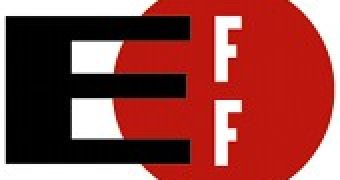The Electronic Frontier Foundation (EFF), a digital rights advocacy group, has managed to institute some interesting exemptions to the DMCA in the US that expand on the scope of ‘fair use’ activities. Specifically, the US Copyright Office and Librarian of Congress, at the request of the EFF, have made it clear that certain activities are not infringing and therefor not illegal. Among these is ‘jailbreaking’ your phone, unlocking a phone, but also breaking a DVD’s DRM to use a portion of a movie in your own videos, in certain cases.
"By granting all of EFF's applications, the Copyright Office and Librarian of Congress have taken three important steps today to mitigate some of the harms caused by the DMCA," Jennifer Granick, EFF's Civil Liberties Director, said. "We are thrilled to have helped free jailbreakers, unlockers and vidders from this law's overbroad reach."
Among the exceptions is a much clearer definition of what constitutes fair use when it comes to video. The law now allows people to circumvent DRM protection for DVDs as long as they do it to extract clips for non-commercial or educational videos.
"Noncommercial videos are a powerful art form online, and many use short clips from popular movies. Finally the creative people that make those videos won't have to worry that they are breaking the law in the process, even though their works are clearly fair uses. That benefits everyone — from the artists themselves to those of us who enjoy watching the amazing works they create," Corynne McSherry, EFF's Senior Staff Attorney, added.
There are some limitations to this. You can only copy short clips from copyrighted works and only for criticism or commentary. The exemption extends to college professors, film students, and documentary filmmakers. For ‘amateur’ filmmakers, who could basically mean anyone with an YouTube account, the picture may not be as clear, though the EFF says this group is included as well.
Also, breaking the DRM in this case is only legal if there are no other alternatives to procuring the clips. It can be argued that there are always some other ways of getting the short clips so this may limit the scope of the exemption. Still, it does give YouTube users and mash-up artists a much more solid ground to stand on and it may mean that there are going to be a lot more works which include or even rely on copyrighted works.

 14 DAY TRIAL //
14 DAY TRIAL //